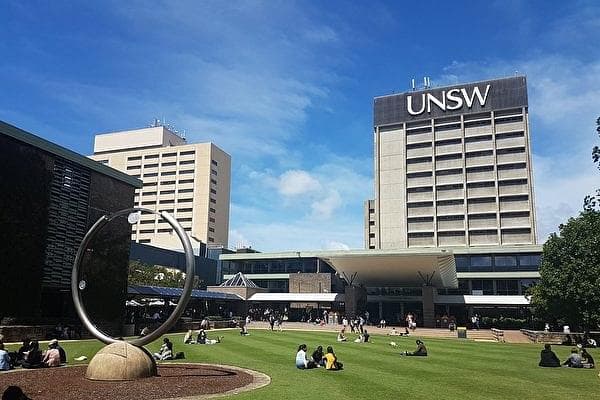Students must complete 192 UOC when taken as a standalone program.
Students in the Medicinal Chemistry (Honours) program are expected to complete the following requirements:
168 UOC Medicinal Chemistry courses
-
108 UOC of core courses in Stages 1, 2 and 3
-
12 UOC of electives from the List of Approved Electives defined below
-
48 UOC Honours year
12 UOC Free Electives. These courses can be taken from any Faculty of the University at any stage of your program.
12 UOC General Education courses. Please see the rules regarding General Education below. These courses can be taken at any stage in your program.
Level 1 Core Courses42 Units of Credit:
Students must take 42 UOC of the following courses.
-
Molecules, Cells and Genes
-
Applied Biomolecular Sciences
-
Higher Chemistry 1A (Medicinal): Atoms, Molecules and Energy
-
Higher Chemistry 1B (Medicinal): Elements, Compounds and Life
-
Introductory Medicinal Chemistry
-
Mathematics for Life Sciences
-
Statistics for Life and Social Sciences
Level 2 Core Courses36 Units of Credit:
Students must take 36 UOC of the following courses.
-
Principles of Biochemistry (Advanced)
-
Principles of Molecular Biology (Advanced)
-
Physical Chemistry: Molecules, Energy and Change
-
Organic Chemistry: Mechanisms and Biomolecules
-
Analytical Chemistry: Essential Methods
-
Introductory Pharmacology and Toxicology
Level 3 Core Courses30 Units of Credit:
Students must take 30 UOC of the following courses.
-
Organic Chemistry: Modern Synthetic Strategies
-
Medicinal Organic Chemistry
-
Advanced Instrumental Analysis
-
Drug Discovery, Design and Development
-
Molecular Pharmacology
Medicinal Chemistry Electives12 Units of Credit:
Students must take at least 12 UOC of the following courses.
-
Genetics
-
Microbial Genetics
-
Immunology
-
Commercial Biotechnology
-
Bacteria and Disease
-
Molecular Biology of Nucleic Acids
-
Molecular Frontiers
-
Introduction to Bioinformatics
-
Molecular Biology of Proteins
-
Human Biochemistry
-
Molecular Cell Biology 2
-
Inorganic Chemistry: The Elements
-
Inorganic Chemistry: Transition Metals and Complexes
-
Advanced Special Project in Chemistry
-
Topics in Contemporary Chemistry A
-
Microbiology 1
-
Neuropharmacology
-
Clinical and Experimental Pharmacology
-
Physiology 1A
-
Physiology 1B
-
Fundamentals of Physics
-
Physics 1A
-
Higher Physics 1A
-
Science Work Placement
Level 4 Honours Coursework12 Units of Credit:
Students must take 12 UOC of the following courses.
Level 4 Honours Project36 Units of Credit:
Students must take 36 UOC of the following courses.
-
Chemistry Honours Project
-
Chemistry Honours Project
-
Chemistry Honours Project 18 UOC
